On June 14, the National Assembly voted and officially passed the Law on Corporate Income Tax (amended) with 452/453 delegates present voting in favor, reaching a rate of 94.56%.
Article 12 of this Law stipulates the principles and subjects of application of corporate income tax incentives, including the press (including newspaper advertising) according to the provisions of the Press Law. The preferential tax rate for the income of press agencies is stipulated at 10%.
According to current regulations, the income of press agencies from print activities, including advertising on print newspapers, is subject to a corporate income tax rate of 10% throughout the entire period of operation; for other press activities, the general tax rate is 20%. With this amendment, the preferential tax rate is uniformly applied to all press activities at 10%, creating more favorable conditions for press agencies in the context of digital transformation.
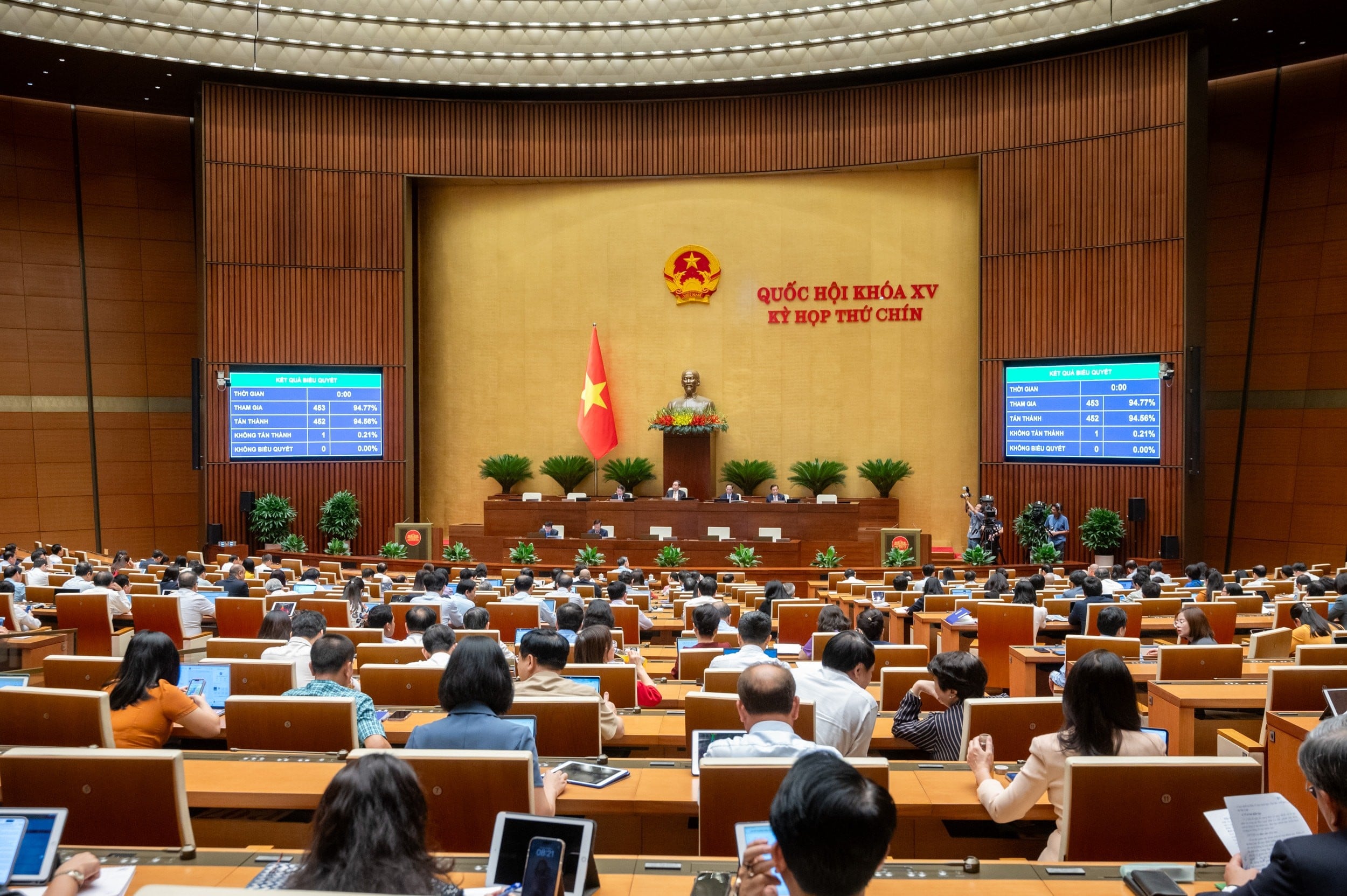 |
| National Assembly deputies vote to pass the Law on Corporate Income Tax (amended). (Photo: People's Representative Newspaper) |
According to Nhan Dan newspaper, reporting on the explanation, acceptance and revision of the draft Law before the National Assembly votes, Chairman of the Economic and Financial Committee Phan Van Mai said that for grants in the fields of science and technology development, innovation and digital transformation, the draft Law has stipulated tax exemption to implement Resolution No. 57-NQ/TW.
Particularly in the case of funding received between related parties, there is a risk of being exploited to transfer profits, transfer pricing, and reduce tax obligations, especially when expenses for science and technology development, digital transformation, etc. are often very large, wide-ranging, and market valuation is difficult to implement.
Therefore, absorbing the opinions of National Assembly deputies, the draft Law has been revised in the direction of regulating tax exemption for sponsorships in this field, but excluding cases where the sponsorship is received from affiliated enterprises.
Regarding deductible and non-deductible expenses, specifically the content related to the proposal to allow enterprises to deduct 200% of actual costs for research and development (R&D) activities, including costs for testing and deploying new technologies, the Committee said that the draft Law has provisions allowing enterprises to deduct additional expenses for R&D activities, calculated as a percentage of actual costs.
However, instead of stipulating specific spending levels in the Law, the draft assigns the Government to specify in detail the additional deductible spending levels, conditions and scope of application. This approach aims to ensure flexibility for the Government in formulating policies and organizing implementation, in accordance with practical situations and budget capacity in each period. Therefore, the National Assembly Standing Committee proposes that the National Assembly keep the draft unchanged.
Regarding the tax rate issue, according to VNA, the National Assembly Standing Committee maintains the same view as the draft. Not applying this incentive to enterprises that are subsidiaries or affiliated companies (where the affiliated enterprise is not an enterprise that meets the conditions for applying preferential tax rates) is to ensure strictness, avoiding the situation where enterprises take advantage of the policy, divide and separate enterprises to enjoy incentives.
In addition, the National Assembly Standing Committee emphasized that small and medium-sized enterprises that have relationships with large enterprises are not essentially ordinary small and medium-sized enterprises. The application of preferential tax rates based on revenue criteria is considered to be suitable for practice, facilitates the implementation process and does not contradict the provisions of the Law on Support for Small and Medium-sized Enterprises.
Regarding corporate income tax incentives, the National Assembly Standing Committee said that the draft Law has inherited current regulations on incentives, while reviewing, eliminating and rearranging them in a focused and key direction, not spreading them out. To ensure consistency, the draft Law clearly stipulates that in cases where other laws have other regulations on corporate income tax incentives, this Law shall apply (except for the Capital Law and specific resolutions of the National Assembly). Many industries and occupations from new specialized laws or those being discussed by the National Assembly (Law on Science and Technology (amended), Law on Digital Technology Industry, Law on Chemicals, Law on Defense Industry, Security and Industrial Mobilization) have been added to the subjects of corporate income tax incentives.
As for cases of special incentives, the Investment Law is also being amended. Therefore, the draft Law on Corporate Income Tax will refer to the provisions of the Investment Law on cases eligible for special investment incentives, and specific levels of special corporate income tax incentives will be stipulated in this Law. In addition, the proposal to expand incentives for green development and environmentally friendly products, the National Assembly Standing Committee believes that some related industries are already eligible for incentives. Or, incentives for small and medium enterprises in the first 3 years of establishment and innovative start-up enterprises, these contents have been stipulated in Resolution No. 198/NQ-QH15 and are still in effect.
The National Assembly Standing Committee also directed relevant agencies to review, absorb and explain the opinions of National Assembly deputies on many other contents, such as taxable income, tax-exempt income, determination of taxable income, revenue, deductible and non-deductible expenses, tax calculation methods, and setting aside the Science and Technology Development Fund, to complete the draft Law.
The National Assembly voted to pass 6 laws and discussed 11 laws related to the field of National Defense.On the morning of June 14, along with the Law on Corporate Income Tax (amended), the National Assembly voted to pass 5 other laws including: Law on Special Consumption Tax (amended); Law on Management and Investment of State Capital in Enterprises; Law on Chemicals (amended); Law on Amending and Supplementing a Number of Articles of the Law on Technical Standards and Regulations; Law on Digital Technology Industry. At the same time, the National Assembly continued to discuss the draft Law amending and supplementing a number of articles of the Law on National Defense; Law on People's Army Officers; Law on Professional Soldiers, Workers and National Defense Officials; Law on Military Service; Law on Vietnam Border Guard; Law on People's Air Defense; Law on Reserve Forces; Law on Civil Defense; Law on Management and Protection of National Defense Works and Military Zones; Law on Militia and Self-Defense Forces; Law on National Defense and Security Education. |
Source: https://thoidai.com.vn/bao-chi-duoc-ap-dung-thue-suat-uu-dai-10-214211.html








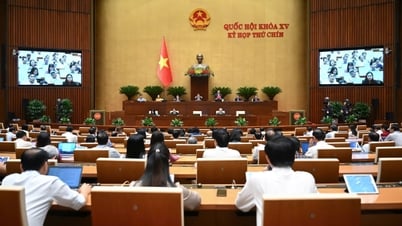
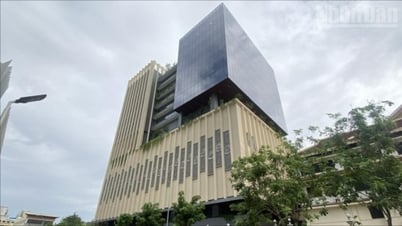
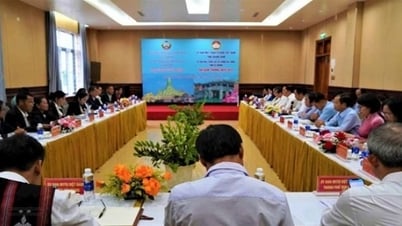
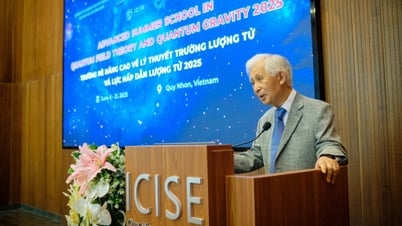
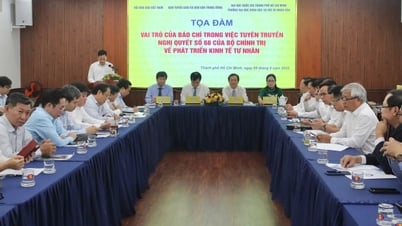








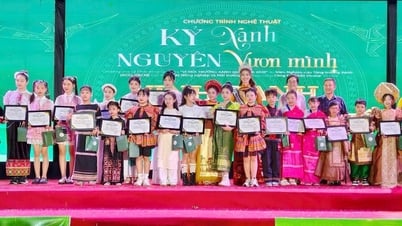
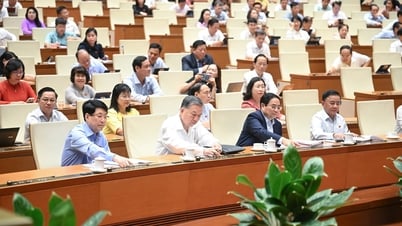
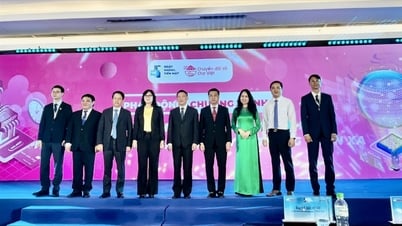







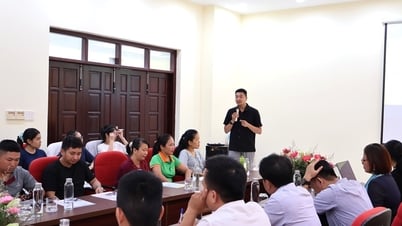
















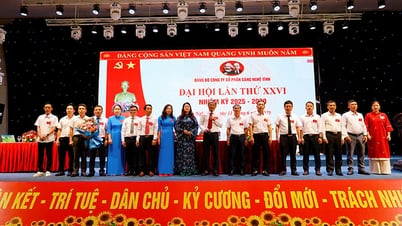
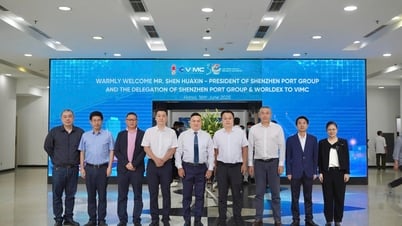
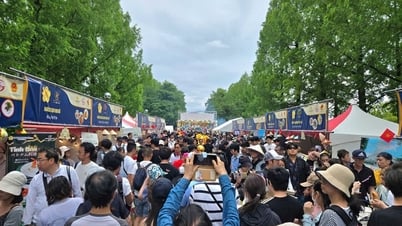


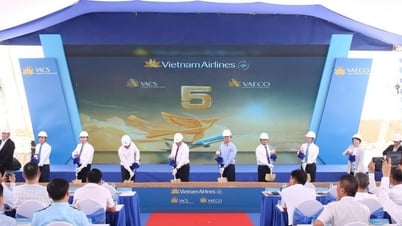

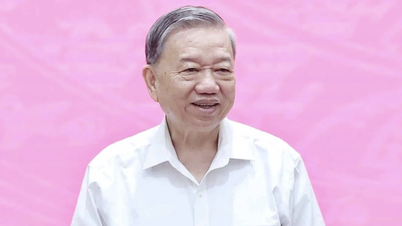



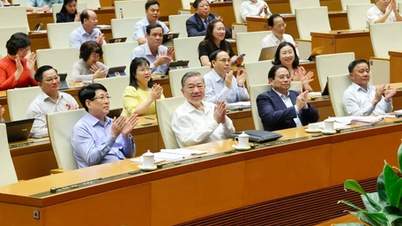
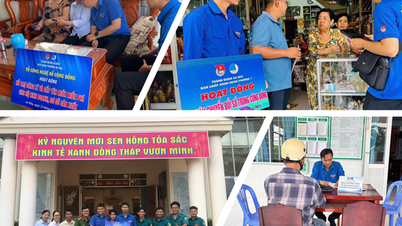

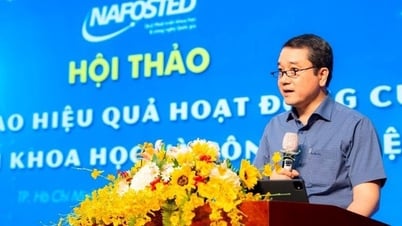













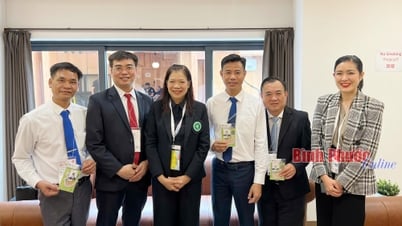

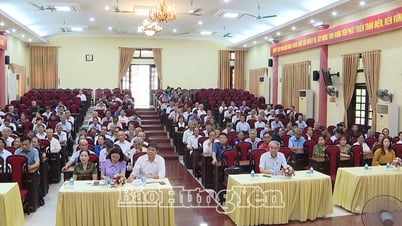












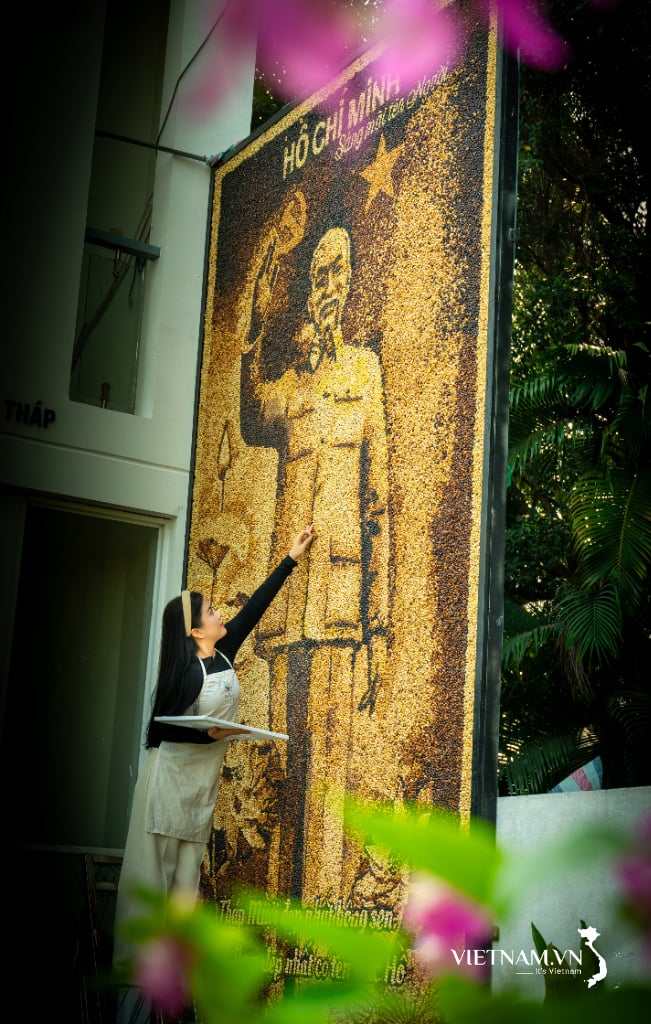

Comment (0)